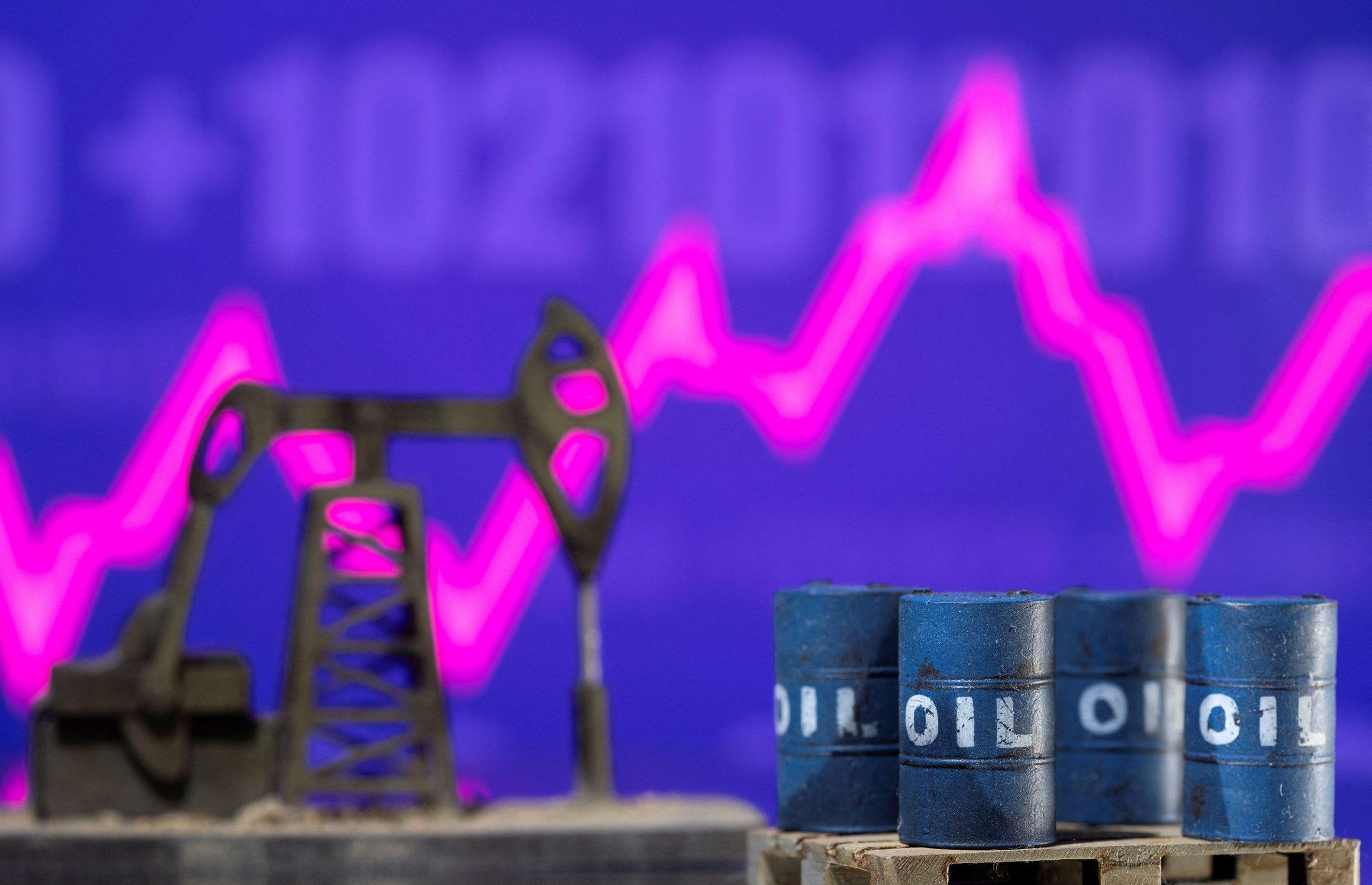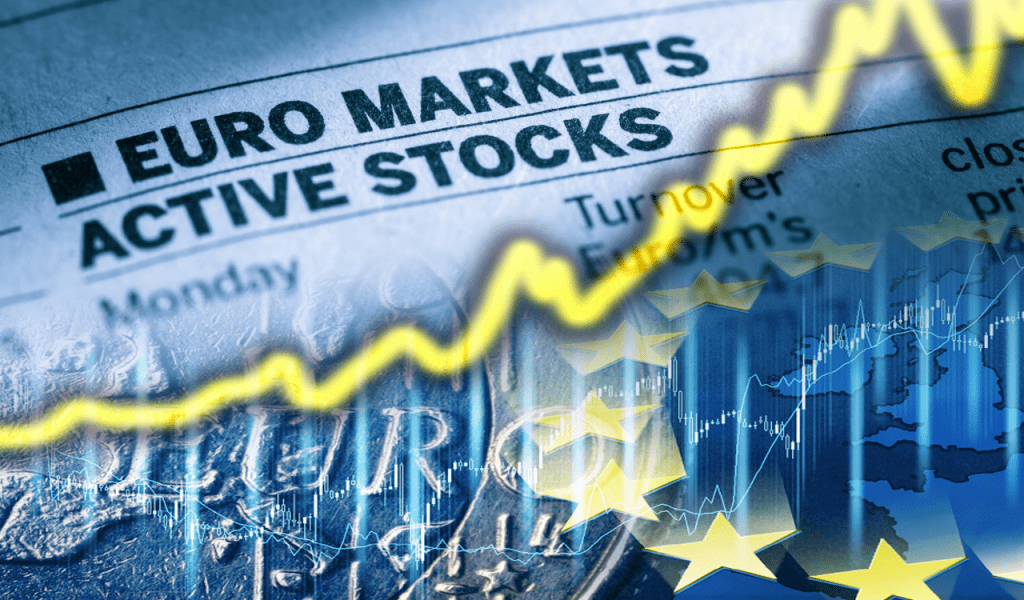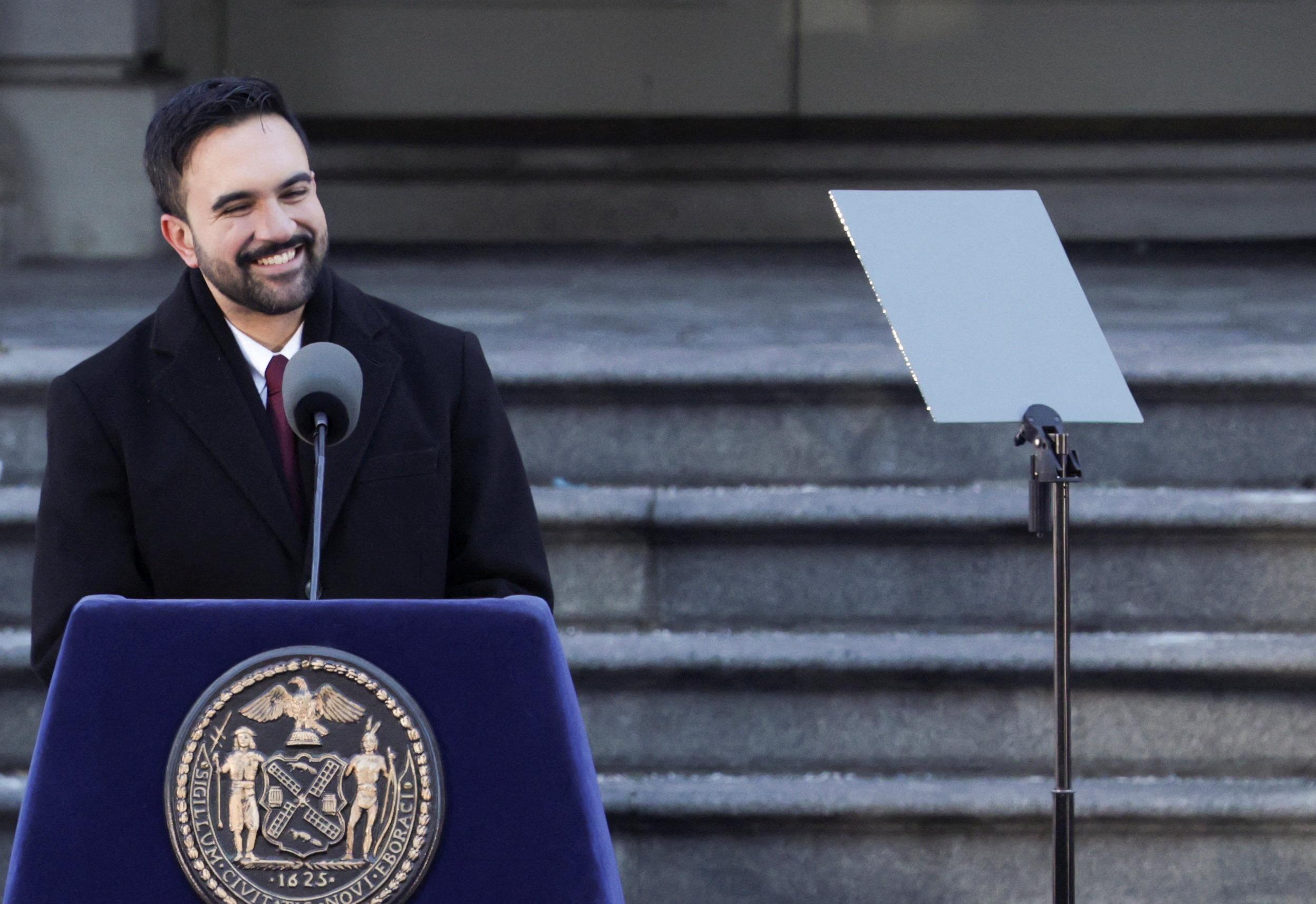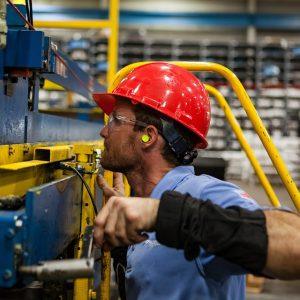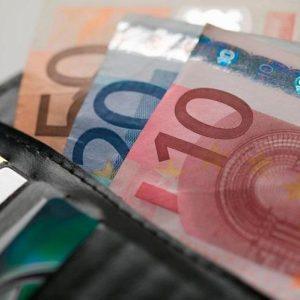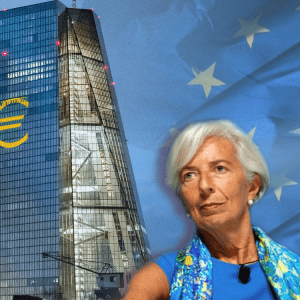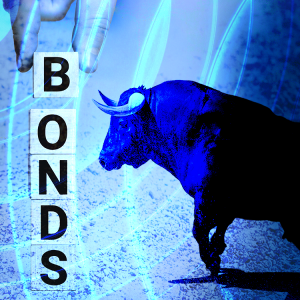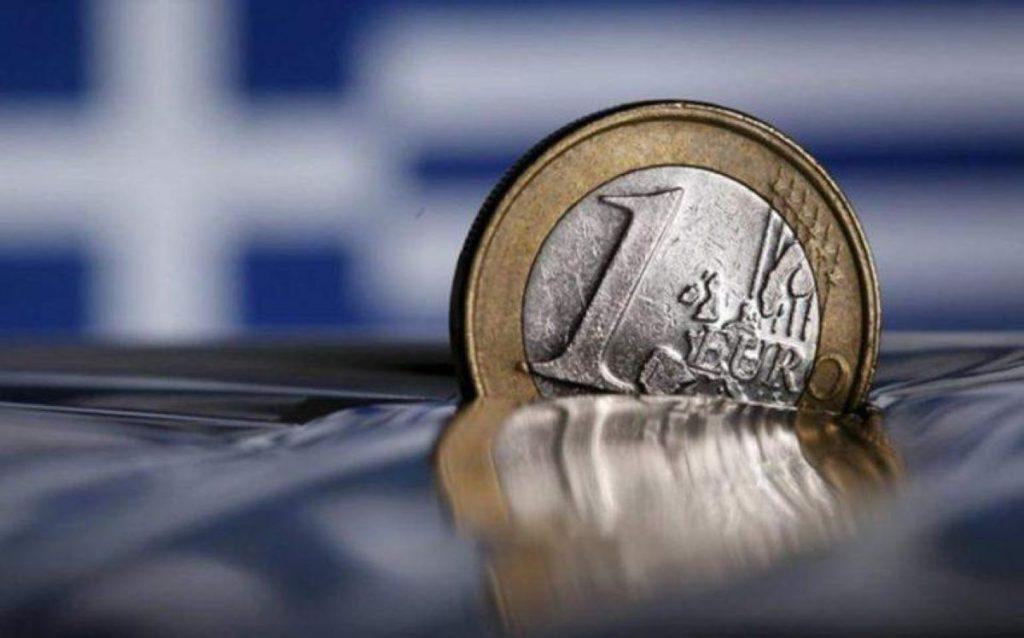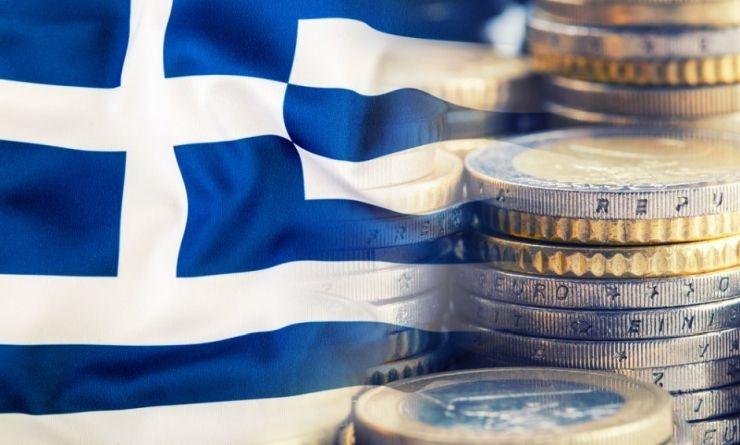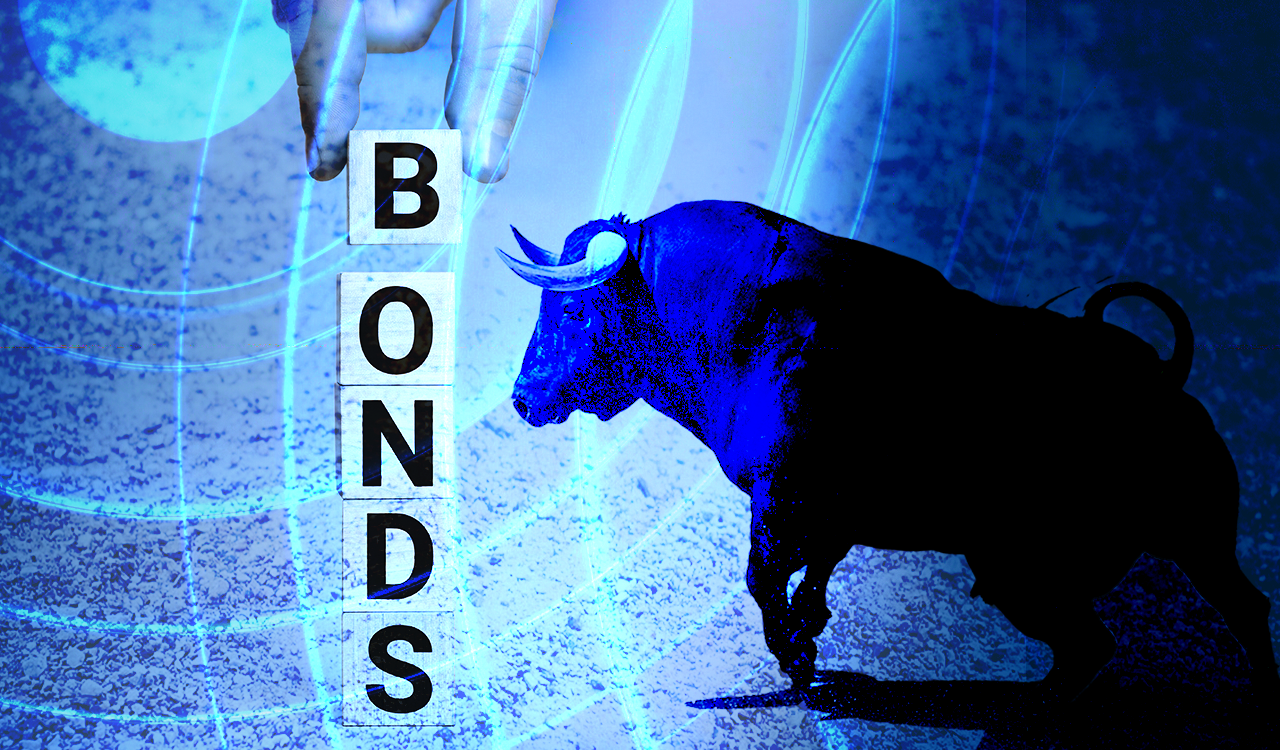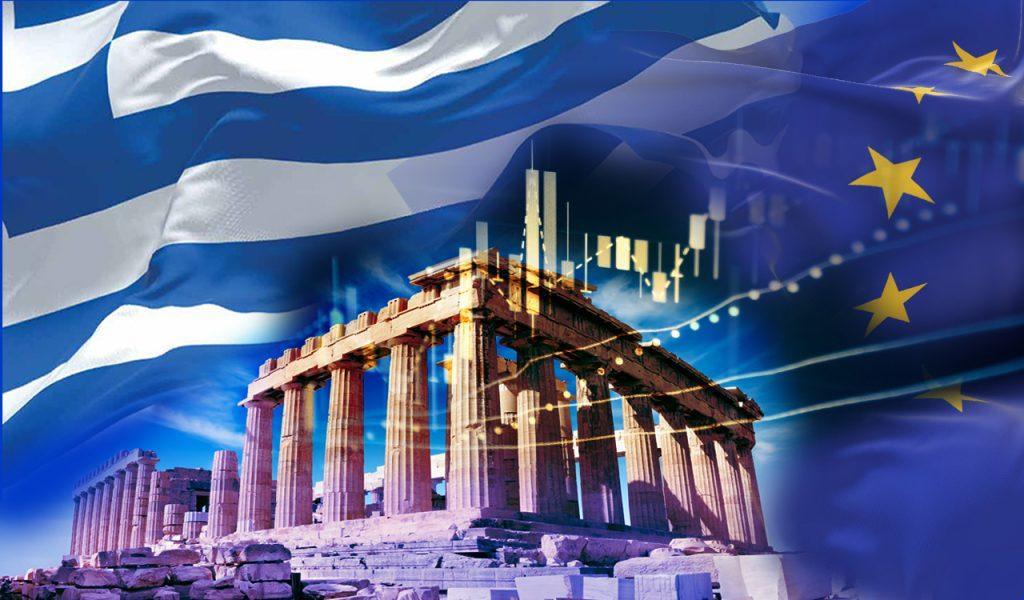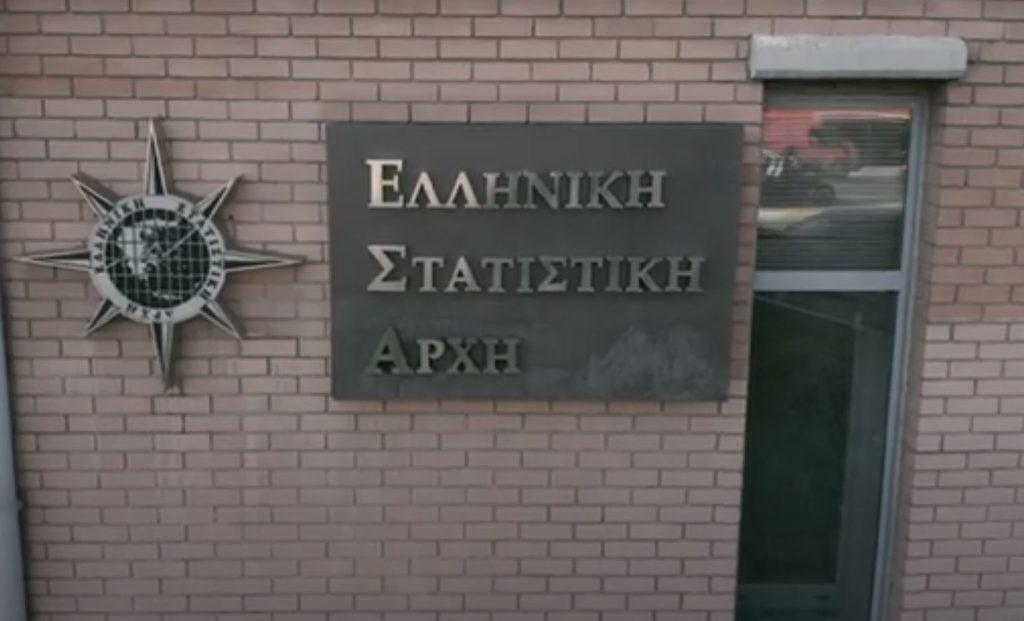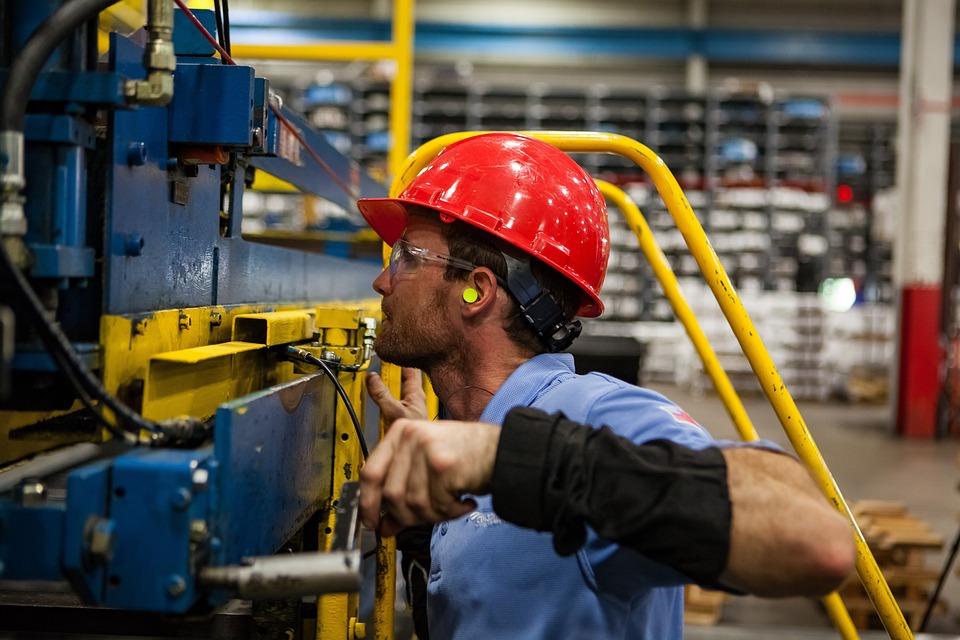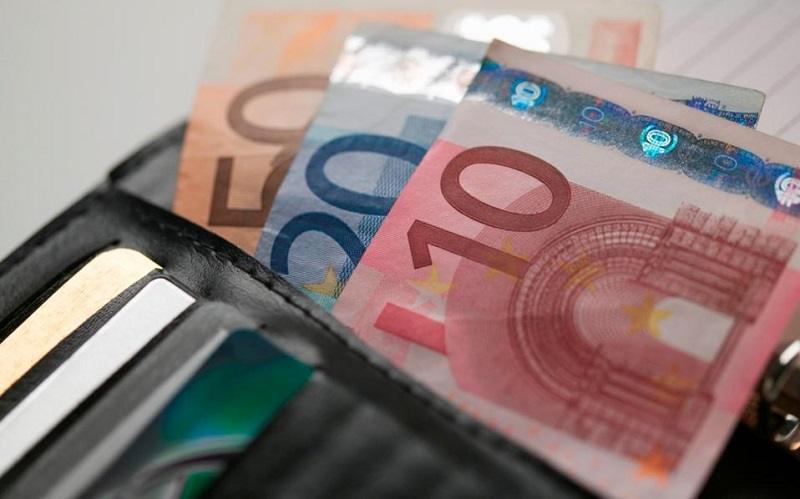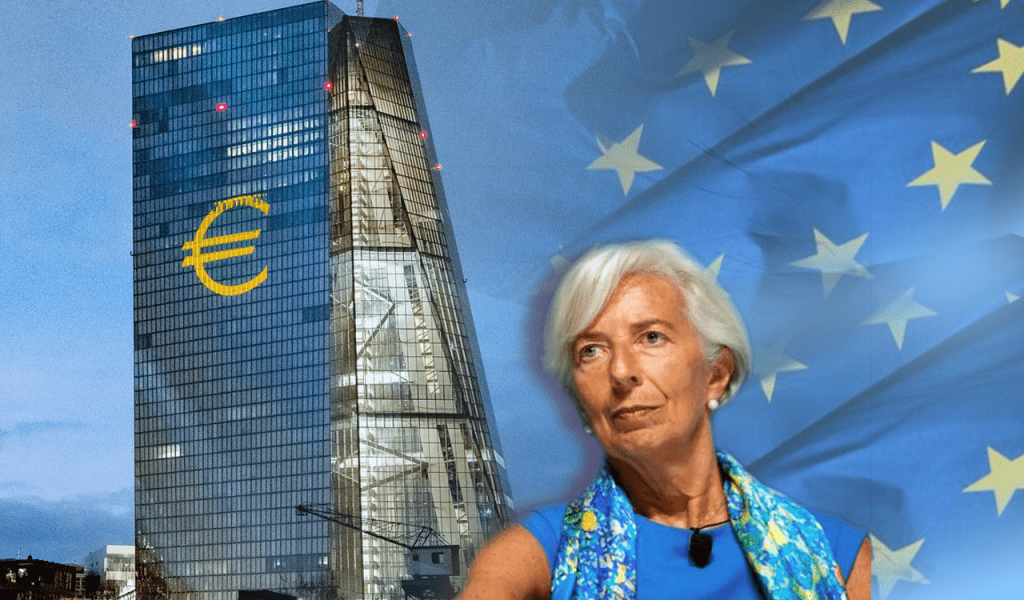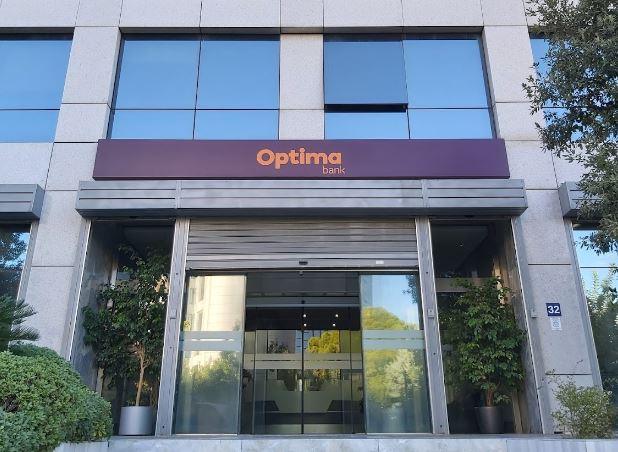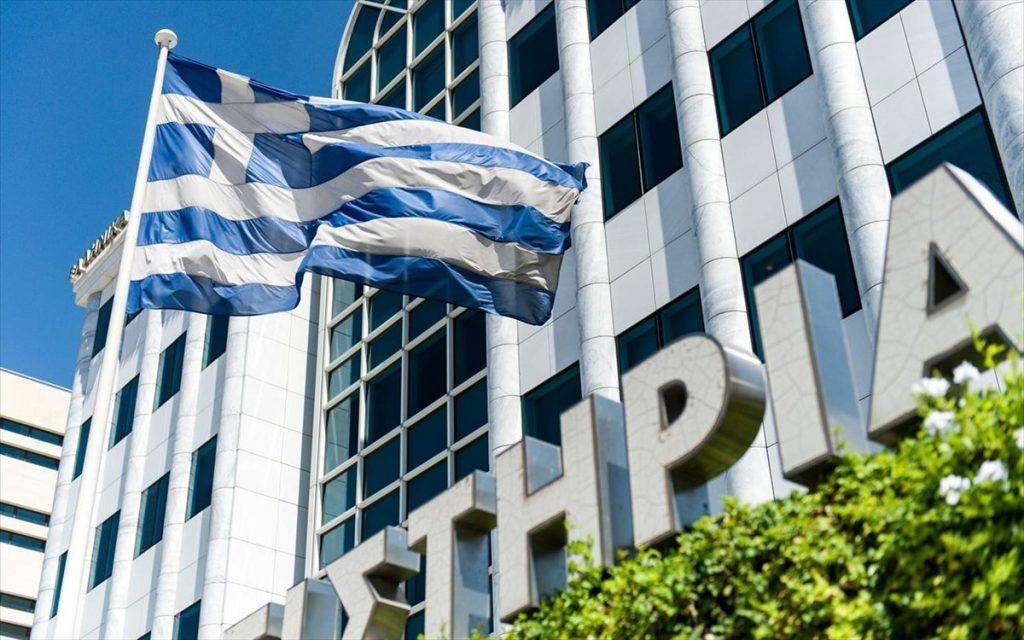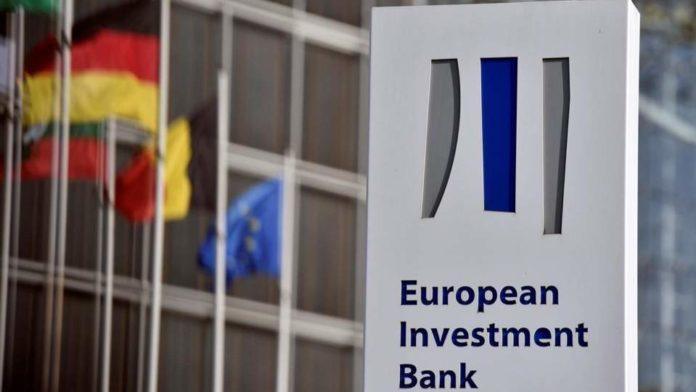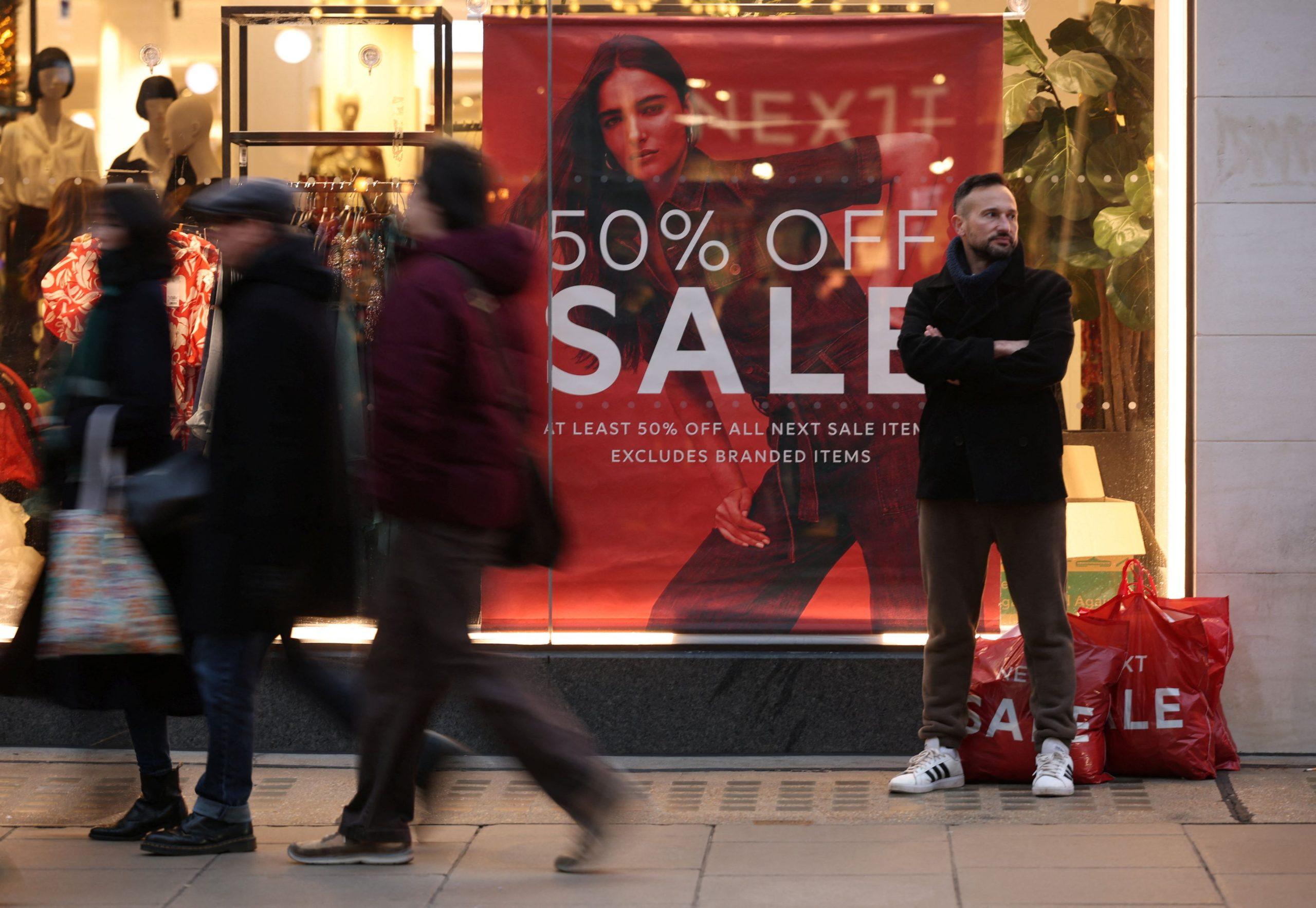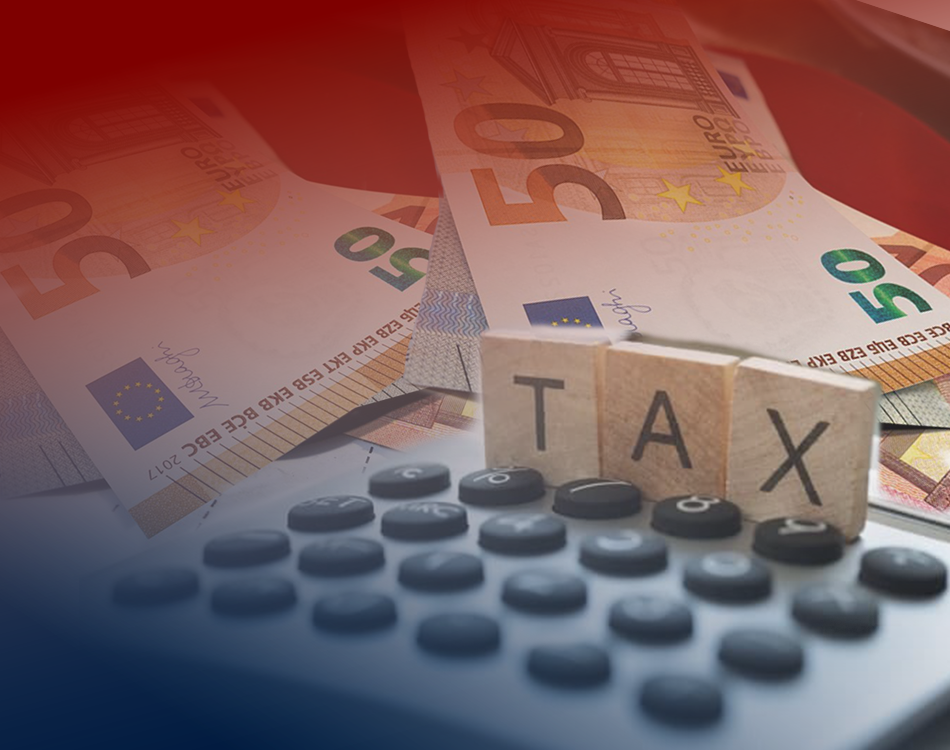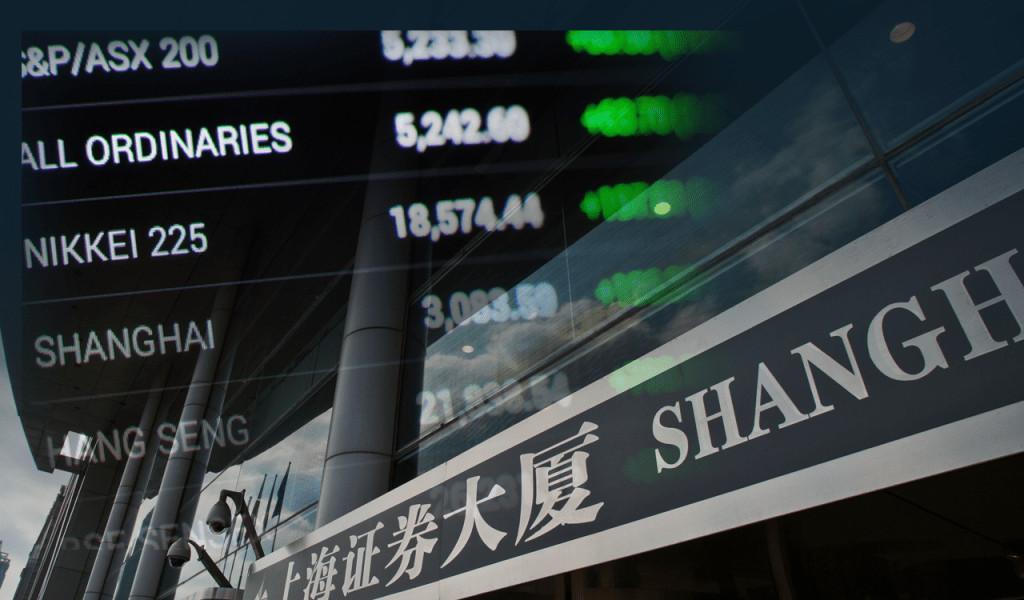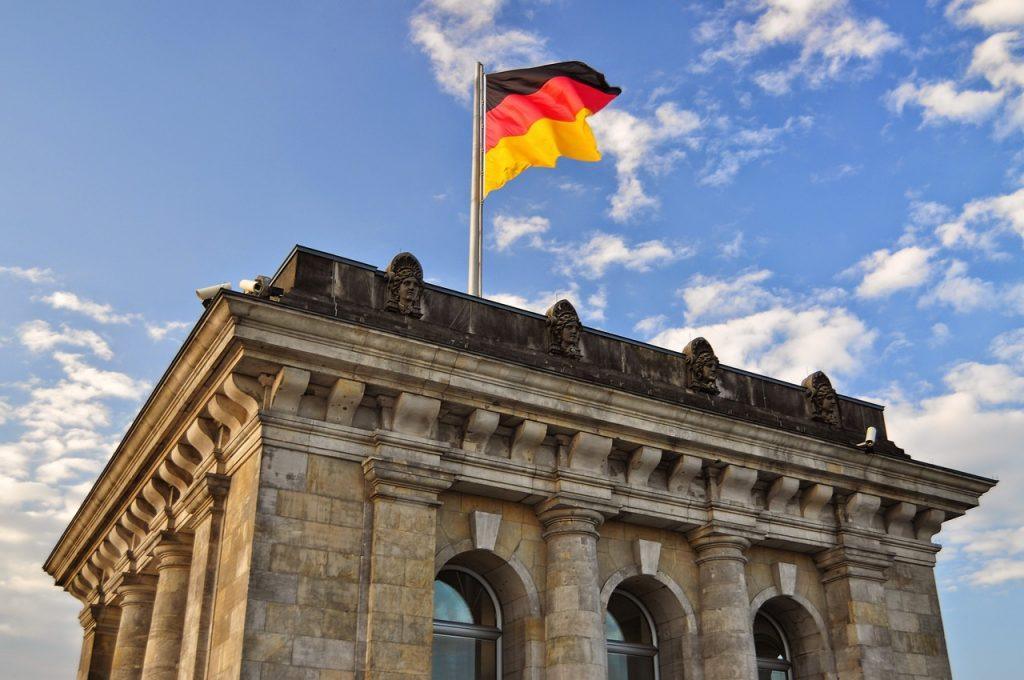Russia’s St. Petersburg International Economic Forum took place this past week and surprisingly, a lot of the conversation revolved around climate. The 26th annual forum, which took place from June 14th-17th is Russia’s most important economics and business platform, and one of the world’s most talked about events. The once bustling inflow of European and American ESG-minded participants, however, didn’t show up this year and ties of Russian businesses with their western counterparts have been completely cut by sanctions and by the exodus of over 1,000 companies.
A hint of ideological debate characterized the conversation at certain climate panels, where some speakers argued that ESG is a western import, while others emphasized Russia’s history with climate efforts, the 1970s recycling movement and Soviet professors’ hypothesis on climate change, supposedly long before the West cared.
Yet traditionally, it has been western investors who have been the most concerned with the impact that companies have on the environment. This begs the question: with western ties eliminated, why are Russian companies still engaging in ESG?
Clear motive
“We want to remain competitive, and we want to mobilize new markets and new clients. We want to compete globally,” commented Alexander Shevelev, CEO of Severstal, Russia’s sanctioned steel giant, even if ‘globally’ means trade with everyone except western countries. Decarbonization is a top priority for Severstal, and the company has adopted a strategy to reduce emissions by 10% by 2030, and by 60% by 2050, but is now working on more feasible projects like dewatering swamps.
Russian climate ambitions face challenges since the technology is either lacking or costly to implement. Additionally, Russian companies are still reliant on European imports when it comes to renewable energy resources, so they are forced to revisit their ESG approach or drop climate goals all together.
Companies like SIBUR, Russia’s largest petrochemical company and RUSAL, one of the largest aluminum producers in the world, are engaged in decarbonization projects aiming to achieve net zero emissions.
Aleksey Grenkov, director for corporate finance at RUSAL, also attributed climate efforts to wanting to “maintain competitiveness”, and noted that without broader access of global customers to Russian carbon credits, the development of a local carbon market will be rather slow.
Similarly, Yuliya Shabala, deputy general director for sustainable development and corporate affairs at Udokan Copper, said that “if a business doesn’t have an up-to-date climate agenda, it will not be part of the future.”
Udokan Copper, which markets itself as “Russia’s largest copper deposit and the third largest untapped in the world”, has embraced China as the top market for its exports which are anticipated to begin in 2023, in hopes it will fulfill all copper demand for China’s green transition.
A ‘western import’?
As opposed to representatives from the political sphere, like Oleg Khorokhordin, head of the Altai Republic, who argued that if Russia does not develop its own climate agenda, it will have to “play by the rules of others”, Russian companies emphasized the benefit of international cooperation when it comes to climate.
Phosagro, the agricultural giant which exports fertilizer to over 100 countries spoke about its “carbon polygon” initiative guided by its international experience, while others mentioned the importance of international verification and knowledge exchange in the carbon market.
Ultimately, Russian companies’ continuation of climate efforts points to a change of attitude in the world as a whole. Increasingly, top polluters like China and India are beginning to take climate impact into consideration and the key takeaway from SPIEF was that if Russia wants to do business with them, it needs to take it into consideration as well.

